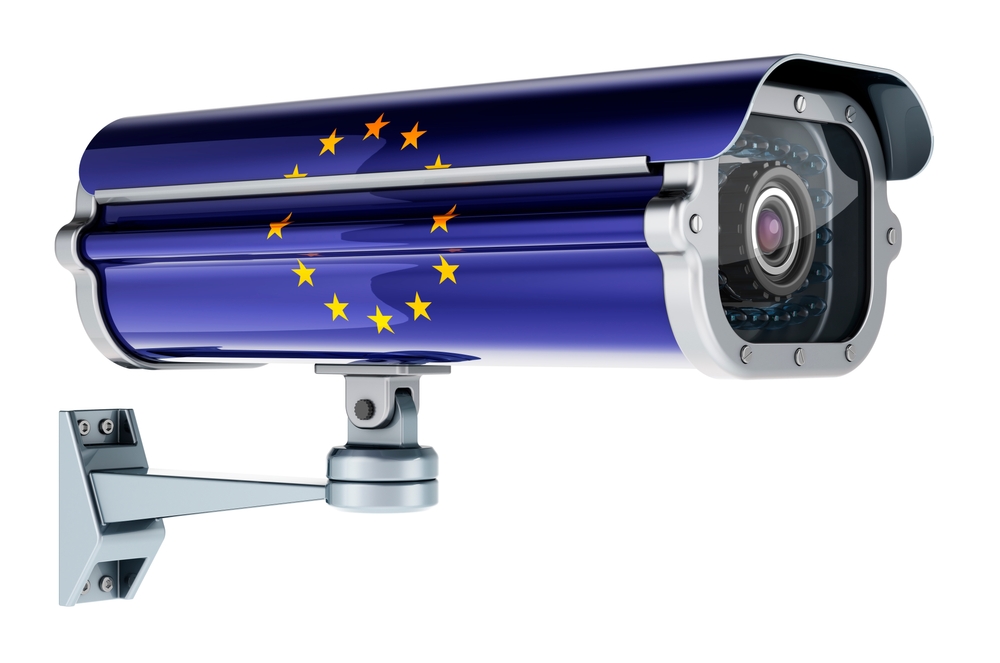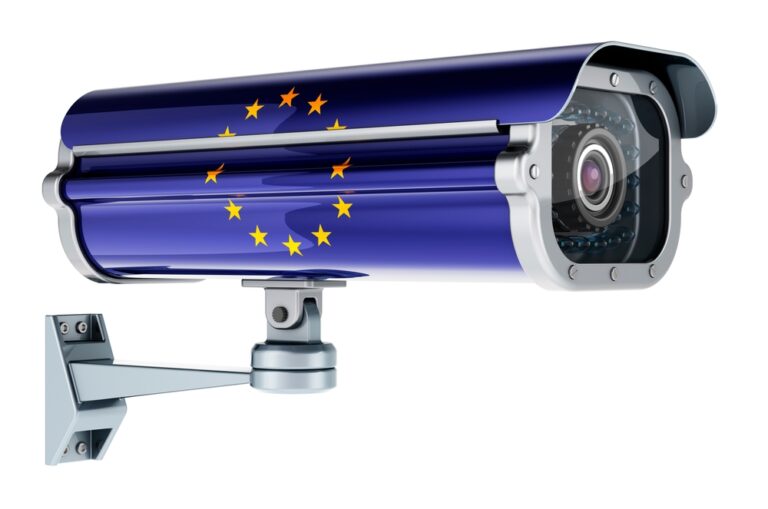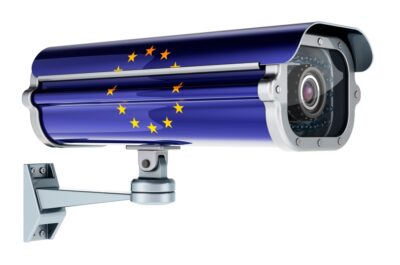By Harald Schumann/Investigate Europe and Alexander Fanta/netzpolitik.org
France, Germany and the Netherlands are among the governments pushing for an exemption in new EU law which would give states power to monitor journalists’ electronic communications.
This article was originally published on investigate-europe.eu
EU governments want to allow state surveillance of journalists and their interlocutors, including the use of spyware, if security authorities deem it necessary. This is according to documents from the ongoing EU negotiations on the European Media Freedom Act (EMFA), seen by Investigate Europe, netzpolitik.org and Follow the Money.
The EU media law, proposed by the European Commission last September, intends to protect journalists and the media against political control by governments and owners. These are visibly endangering freedom of expression and media diversity in several EU countries, most notably in Poland and Hungary but also elsewhere, as experts like the authors of the annual Media Pluralism Monitor report at the European University Institute in Florence, have warned for years.
It is indispensable for critical and independent reporting that journalists can protect themselves and their sources from surveillance, including surveillance by state authorities. That is why article 4 of the draft EU law explicitly prohibits coercive measures against journalists to reveal their sources, as well as the monitoring of their communications and the use of spyware on their computers and phones.
But in the Council of the EU, where representatives of the 27 EU governments negotiate in camera, the French government demanded that article 4 be reversed. Spying on journalists and the use of spying software against them should indeed be allowed – if justified by “national security”.
Two years ago, a joint investigation by media including the Guardian, Le Monde and Washington Post, showed how state actors in several countries had used the Pegasus spyware against citizens, including reporters in Hungary and elsewhere. In Greece, it emerged last year that several journalists had been targeted allegedly by the state via the Predator spyware technology. In Spain, meanwhile, authorities allegedly used spyware against journalists reporting on the Catalan independence movement.
As a reaction to these revelations, the EU Parliament set up a special committee of enquiry on the subject and demanded that the sale of spyware be banned until it is clearly defined in law in which exceptional cases the state may use it.
But the EU governments apparently seem to care little about the Parliament’s concerns. The governments of Germany, the Netherlands, the Czech Republic, Luxembourg and Greece explicitly supported the French demand of a national security exception to article 4, according to the German diplomatic report from the competent Council working group, on 17 April. No other EU government representatives objected. Therefore, the Swedish government, currently chairing the Council, added a paragraph into the latest version of the draft law stating that article 4 “is without prejudice to the Member States’ responsibility for safeguarding national security”.
When asked for the reasons for supporting the controversial provision, a spokesperson for Germany’s minister for culture and media, Claudia Roth, explained it was only intended to ensure that the member states’ “competences in the area of national security, as determined in the EU Treaty, remain unaffected”.
But the European Federation of Journalists argue that this is misleading. Unlike the EU Treaties, the organisation says, “the current Council proposal does not contain any provisions on the protection of fundamental rights.”
Roth’s spokesperson added that in the upcoming negotiations the German government would seek to protect media diversity. “It is also in our interest to ensure that this does not create a gateway for unjustified restrictions”.
A spokesperson for the Dutch government did not explain why they supported the exception but stressed that national security is strictly a national matter and that the Dutch legal framework is robust in this regard. The French government did not immediately respond to requests for comment.
Greek journalist Thanasis Koukakis, one of many spying victims, is bitter about the proposed national security exemption. He discovered that the Predator bugging programme had been installed on his smartphone in the summer of 2021, while he was researching money laundering and corruption at the Greek bank Piraeus. He later learned that the Greek secret service was also monitoring him.
“My case shows how easy it is to use national security as a pretext to threaten journalists and their sources,” says Koukakis. If the EU actually passed a law “legalising such measures without external control and public scrutiny, that would be very disappointing,” he says. “That wouldn’t be the Europe of the EU Charter of Fundamental Rights.”
Sophie in’t Veld, a Dutch Liberal MEP who led the EU Parliament committee of enquiry into Pegasus and other spyware, considers the EU governments’ recent changes to the draft European Media Freedom Act a “disaster”. The concept of national security serves as a “blank cheque”, while, in fact, a “clear legal framework” is needed.
Katarina Barley, a German social democrat and vice president of the European Parliament, agrees. She says it must be possible to also monitor members of protected professions such as journalists and lawyers, in the case of imminent serious criminal offences. But there must always be “an independent body” that “checks in each individual case whether there are concrete grounds for suspicion”. And, of course, there must be a later check on whether the surveillance was justified or not. “Blanket exceptions without further precautions are not acceptable,” Barley says.
But a blanket exception is what is on the EU governments’ table next week, when they plan to adopt in principle the Council position on the EMFA. The final EU law, however, will need the go-ahead from both the Council and the Parliament. It is possible that the Parliament, in negotiations with the Council, will subject this exception to a strict legal framework after all, says Barley. “But that is not certain”.






